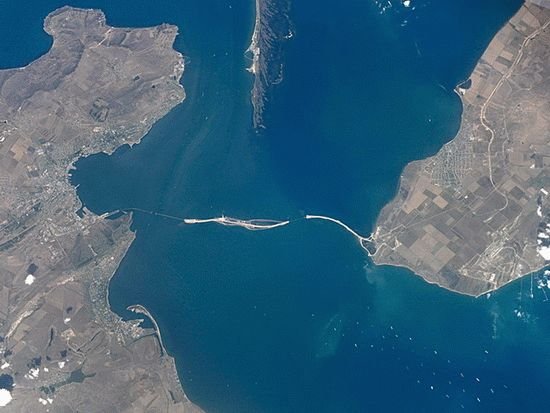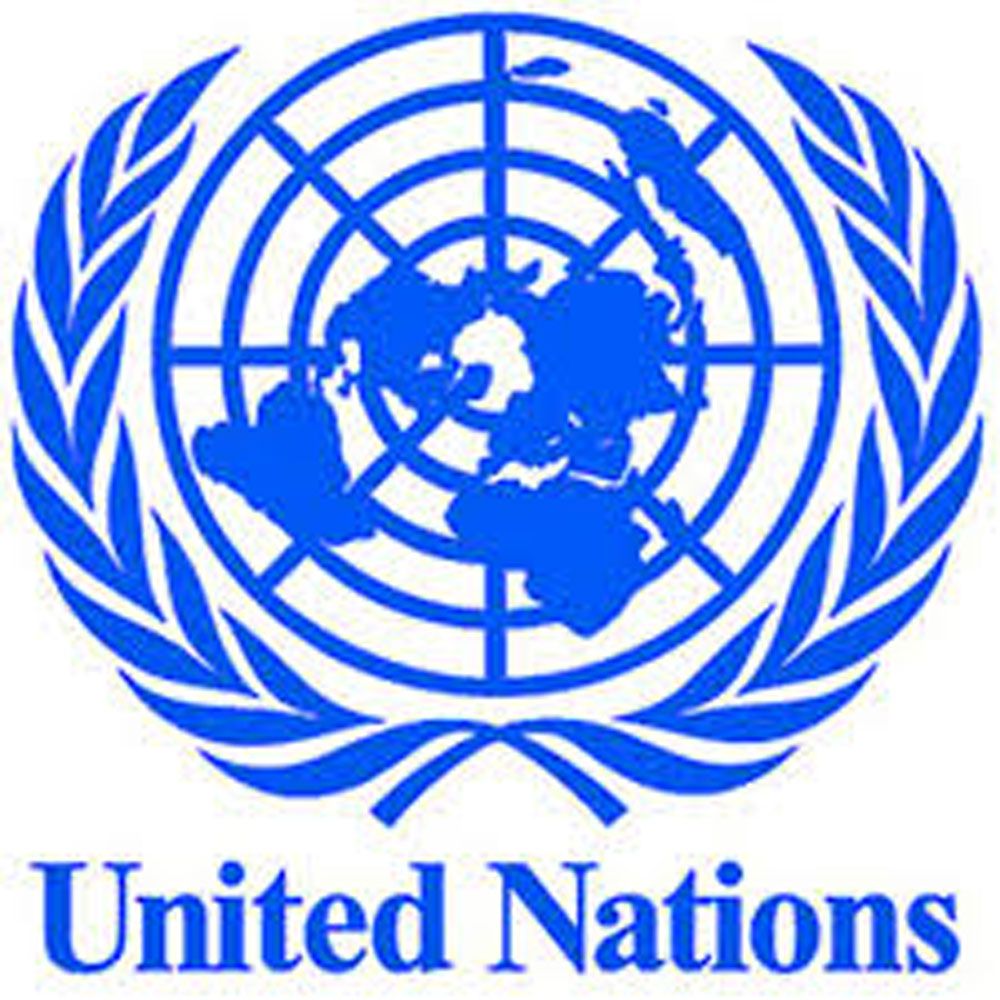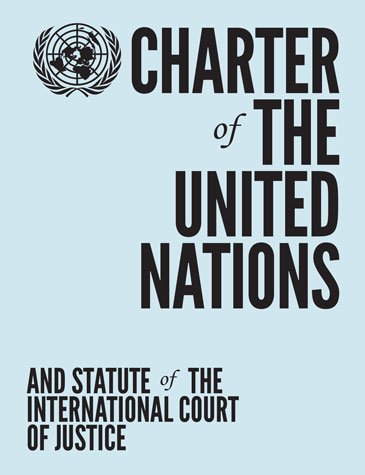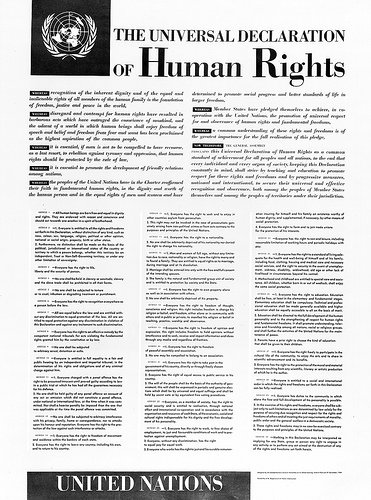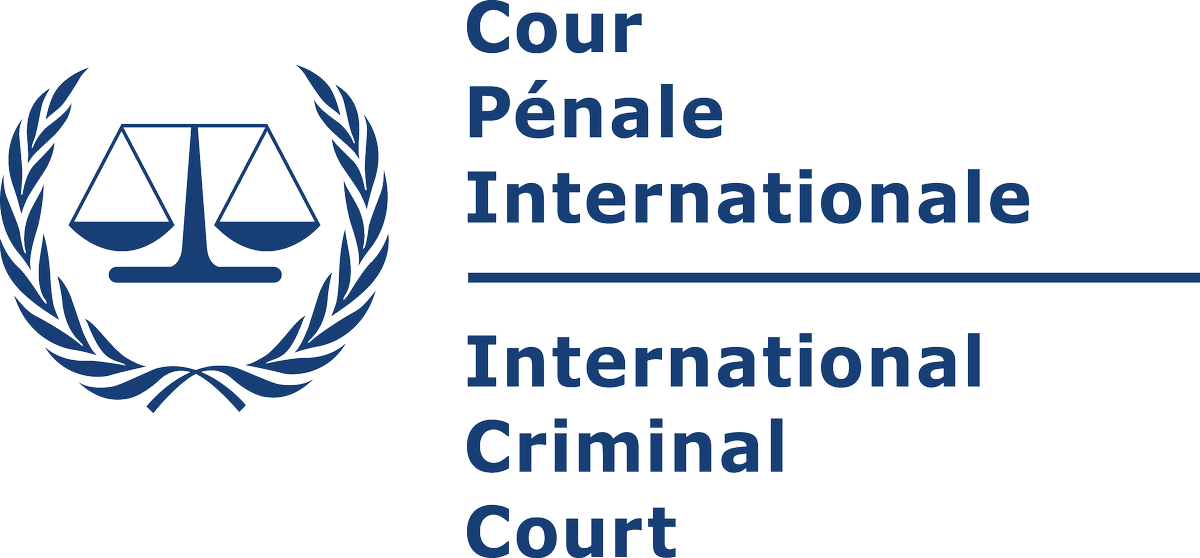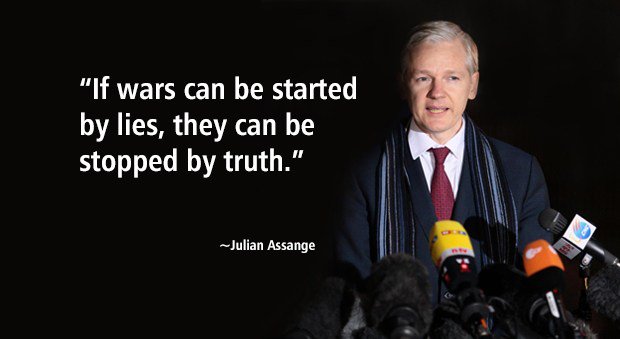I think this common belief misunderstands much of NATO’s purpose. A thread.
1/
NATO was NEVER *just* a defensive alliance that should have dissolved as soon as the threat went away. It was also about solving the German Problem.
2/
No EUR-wide peace/coop is possible w/o assurance that GER isn’t a threat


